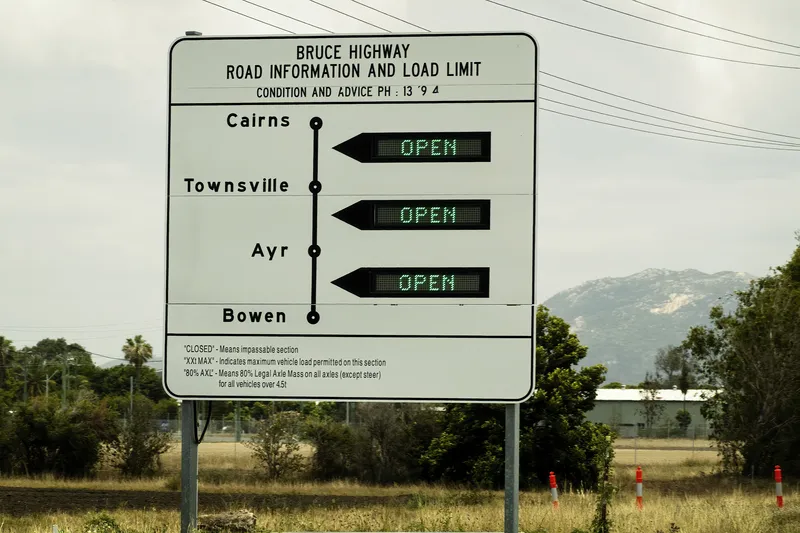
And while many modern crash barriers work well in redirecting vehicles back along the median, rather than crossing the central reservation and causing head-on crashes, these barriers do not work well with motorcyclists, says
Hitting a barrier’s support or metal edge can cause severe injuries, even death.
The Italian company is launching a new system that can replace or upgrade existing barriers and greatly reduce the impact force involved.
It consists of a sliding cable barrier system that is placed in front of existing barriers. Unlike most cable-based restraint systems, the Gamba Sliding Coated Cable Barrier (GSCCBS) does not have pre-tensioned cables. Instead, the cables have a certain amount of ‘give’.
This means, says Gamba, that the cables absorb up to 80% of the impact force, dissipating it along the cable and into the ground. Additionally, a net or special cloth fixed horizontally along the base of the barrier ‘catches’ motorcyclists, rather than bouncing them back into the traffic stream.
The cables have a steel core, surrounded by several layers of woven polyester and Kevlar. Even if the central cable snaps under the impact, the layers of fabric prevent any debris being scattered along the roadway.
Gamba Safety’s new system has been launched in co-operation with ANAS, Italy’s Roads and Highways Agency, which has just received €2 million to upgrade existing barriers.










